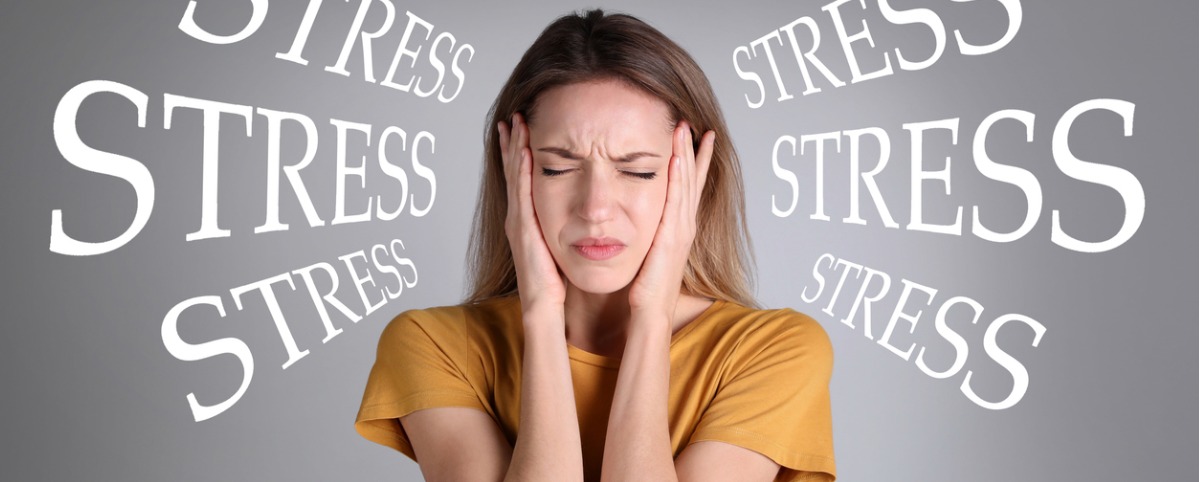
Understanding the Difference and How Each Affects You
Stress is a natural part of life, and not all stress is harmful. In fact, some stress can help us stay alert, motivated, and focused. However, stress that builds up or lasts for too long can begin to harm both the mind and body. One of the most important things to understand is the difference between short-term stress and long-term (or chronic) stress, and how each one can affect your overall wellbeing.
What is Short-Term Stress?
Short-term stress, also called acute stress, is the type of stress we feel in response to a temporary situation. This might include:
- Running late for a meeting
- Preparing for an exam
- Going for a job interview
- Having a disagreement with someone
- Dealing with a minor emergency
Your body reacts quickly to this kind of stress by releasing hormones like adrenaline and cortisol. This triggers the “fight or flight” response, helping you stay focused, alert, and ready to take action.
Effects of Short-Term Stress:
- Faster heartbeat and breathing
- Muscle tension
- Sweaty palms or dry mouth
- Upset stomach or nausea
- Feeling anxious or overwhelmed
- Trouble sleeping (usually temporary)
For most people, these symptoms pass once the stressful situation is over. In fact, short bursts of stress can help you rise to a challenge, perform better, or stay safe in dangerous situations.
What is Long-Term Stress?
Long-term stress, often referred to as chronic stress, occurs when the stress doesn’t go away or when you’re exposed to stressful situations over a prolonged period. This might happen if you’re:
- Dealing with ongoing financial pressure
- Experiencing high demands at work with little support
- Caring for a loved one with long-term illness
- Living with constant relationship difficulties
- Coping with health issues or unresolved trauma
The body stays in a constant state of alertness, and over time this wears it down. Chronic stress can become part of your daily life, so much so that you may not even realise how much it’s affecting you.
Effects of Long-Term Stress
Physical:
- High blood pressure
- Headaches or migraines
- Constant fatigue
- Weakened immune system
- Digestive issues or IBS
- Muscle pain and tension
- Trouble sleeping or insomnia
Mental & Emotional:
- Anxiety or depression
- Irritability or mood swings
- Feeling overwhelmed or helpless
- Memory problems or poor concentration
- Loss of motivation
- Burnout
Behavioural:
- Withdrawing from others
- Avoiding responsibilities
- Increased reliance on alcohol, drugs, or comfort eating
- Neglecting self-care
- Poor time management
Why the Difference Matters
Understanding whether you’re dealing with short-term or long-term stress helps you choose the right way to manage it.
Short-term stress often needs calming techniques (e.g. deep breathing, mindfulness, or a short break).
Long-term stress may require bigger changes, such as seeking professional support, adjusting lifestyle habits, setting boundaries, or finding long-term coping strategies.
Final Thoughts
Stress is something we all deal with, but learning how to manage it can make a big difference. By understanding what causes your stress and how it affects you, you can start to take control and make changes that improve your wellbeing. Whether it’s through self-care, support from others, or professional help, there are many ways to reduce stress and feel better.
If you're feeling overwhelmed or unsure where to start, you're not alone – and help is available.
When to Get Help
If stress is starting to affect your daily life, your relationships, sleep, mood, or health, it’s important to take it seriously. There’s no shame in asking for help.
You might want to:
- Talk to your GP
- Speak to a mental health support service
- Try a wellbeing programme or stress management course
- Reach out to a helpline for advice or emotional support
Visit our Support Directory for trusted organisations in the UK that can help.
Further Resources
Mind – Coping With Behavioural Changes
☎️ 0300 123 3393 | mind.org.uk
Information, support and helplines for stress, anxiety and mental health conditions.
NHS – Stress: Symptoms & Effects
🌐 nhs.uk/stress-anxiety-depression
Free NHS talking therapies and local mental health support.
Shout (Crisis Text Line)
📱 Text SHOUT to 85258
24/7 text support from trained volunteers for anyone feeling overwhelmed or distressed.
Spiritual Crisis Network UK - Also referred to as ‘spiritual emergency’
💻Email: spiritualcrisis@gmail.com | spiritualcrisisnetwork.uk
